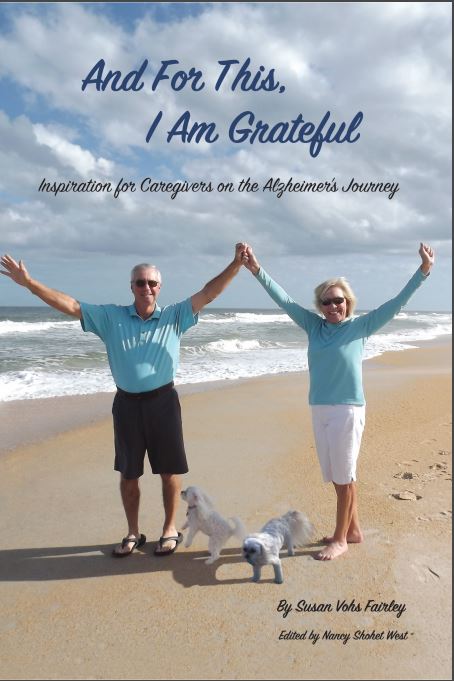Though held at different churches in different towns, both services were Unitarian, and in keeping with the modern Unitarian tradition, the hour allotted to each one was filled with personal stories, anecdotes, and reminiscences: many amusing, some poignant, all engaging and insightful. Though the two people being memorialized had very little in common, at each service, the closest friends and family members of the deceased stood up to recount examples of their loved one’s unique approach to life. For Art, this included snow hiking, motorcycling riding and camping; for Suzanne, we heard about her penchant for daring fashions and hairstyles, going on the first date with the man she would marry on a dare from a co-worker, and strong-arming a job offer for a young relative from a golf buddy. Art was remembered for his impatience with anyone who failed to stay well-informed about politics, Suzanne for her fervent struggle to stay sober while grieving for her husband.
After Suzanne’s service, attendees offering their condolences to her daughter said time and again, “I never knew that about your mother. What a life she led!”
Art had fewer secrets. Many of us sitting in the pews knew about his penchant for adventure travel, his boarding school hijinks, his decision to take up paragliding at the age of eighty. He discussed all of these aspects of his life often. But also, he’d preserved all these memories in his memoir, which I wrote with him a year ago. Neither of us knew then how little time he had left; it was just something he’d always wanted to do, and his three adult children were gently urging him to get it done so that his eight grandchildren could start reading about his life.
The experience of attending a memorial service for one of my memoir clients was new to me. I certainly wasn’t there for the purpose of taking credit for his project, but I was touched by the fact that the minister referred to the book one or twice in her homily and the book itself was displayed next to the guest book at the reception afterwards. I was even more touched by how many of the guests at the lunch reception mentioned to me that they’d read the book – some knowing that I had written it, others not.
Guest after guest approached his three children at the reception, more often to share their own memories of time spent with Art, usually skiing or fishing or road-tripping, than to offer traditional condolences. I stood by, listening and enjoying the way his children savored these stories. But I didn’t hear anyone saying to them, “I had no idea that your father....” Well, mostly that's because Art liked to tell stories. But it’s also because they read his book.
Not everyone’s life includes paragliding or cross-country motorcycle trips the way Art’s did. But that makes them no less memoir-worthy. My clients tell me captivating stories about all kinds of aspects of their lives, from giving birth and tending to their families to world travel, from the most remarkable adventures to the most poignant losses. But it seems no matter what stories they reveal, someone close to them who reads the memoir can point to something in their book and say, “I never knew about this!”
Occasionally, when I’m talking to a prospective client who is on the fence about a memoir project – typically reticent more out of modesty than genuine aversion to the idea – I feel comfortable enough with them to play the funeral card. “Tell your story now, so that people won’t have to learn how remarkable you were only when they attend your memorial service,” I tell them. “Let people find out how interesting you are through your own words, not when your children tell stories about you because you’re gone.”
It may sound like a marketing tactic. But it’s also absolutely true. This weekend, through the unfortunate timing of attending back-to-back memorial services, I witnessed firsthand just how accurate this perspective is.

 RSS Feed
RSS Feed